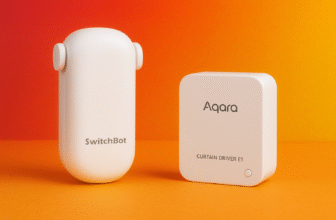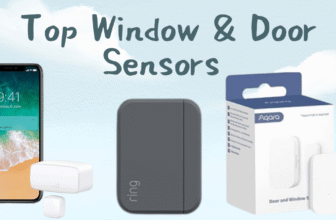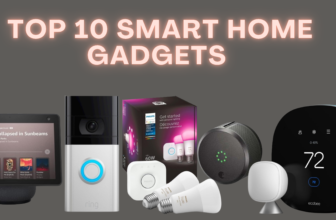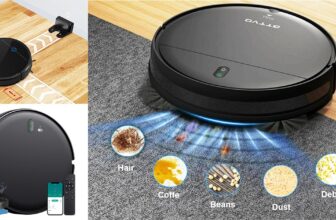
Smart homes are becoming increasingly popular as people seek to make their lives easier and more convenient. However, as with any new technology, there are privacy concerns associated with the use of smart home devices. Here are some things you need to know before installing smart home devices in your home.
Data Collection
Smart home devices are designed to collect data about your behavior, such as your usage patterns, preferences, and other personal information. This data can be used by companies to develop targeted marketing campaigns or to sell to third-party data brokers. Before you install any smart home devices, read the privacy policy carefully to understand what data is collected, how it’s used, and who it’s shared with.

Security Risks
Smart home devices are connected to the internet, which means they’re vulnerable to hacking and cyber attacks. Hackers can gain access to your personal information, such as your email, passwords, and financial information, through your smart home devices. To minimize the risk of security breaches, make sure you choose devices that use encryption and have strong security features.
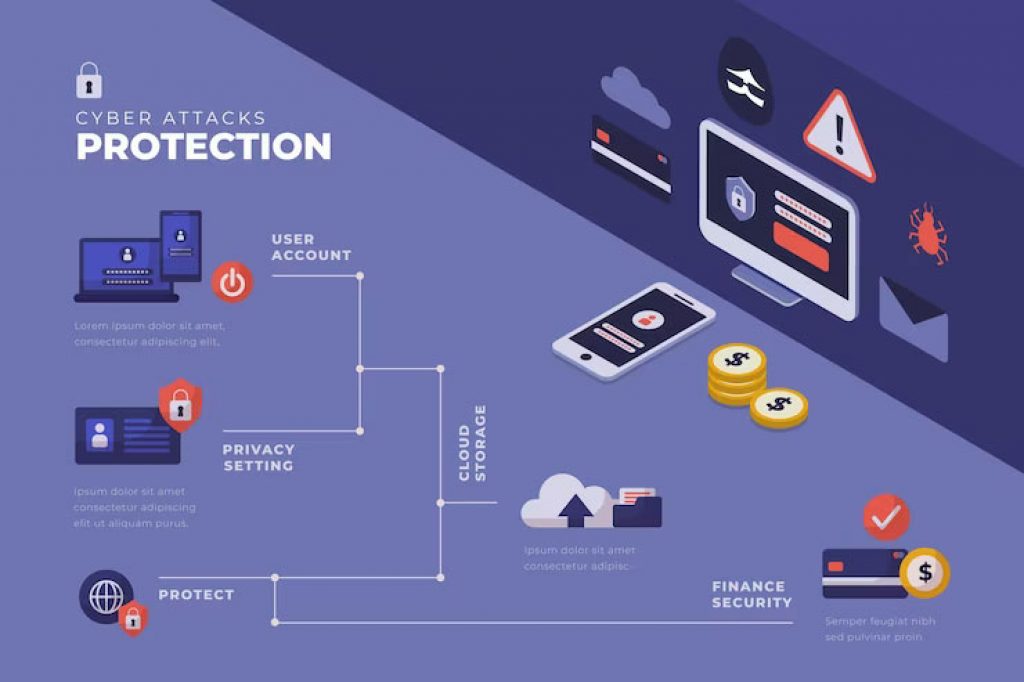
Lack of Standards
Currently, there are no universal standards for smart home devices, which means each manufacturer may have different privacy policies and security features. This can make it difficult to compare devices and determine which ones offer the best security and privacy protection. Before you buy a smart home device, do your research to find out what security features and standards it adheres to.
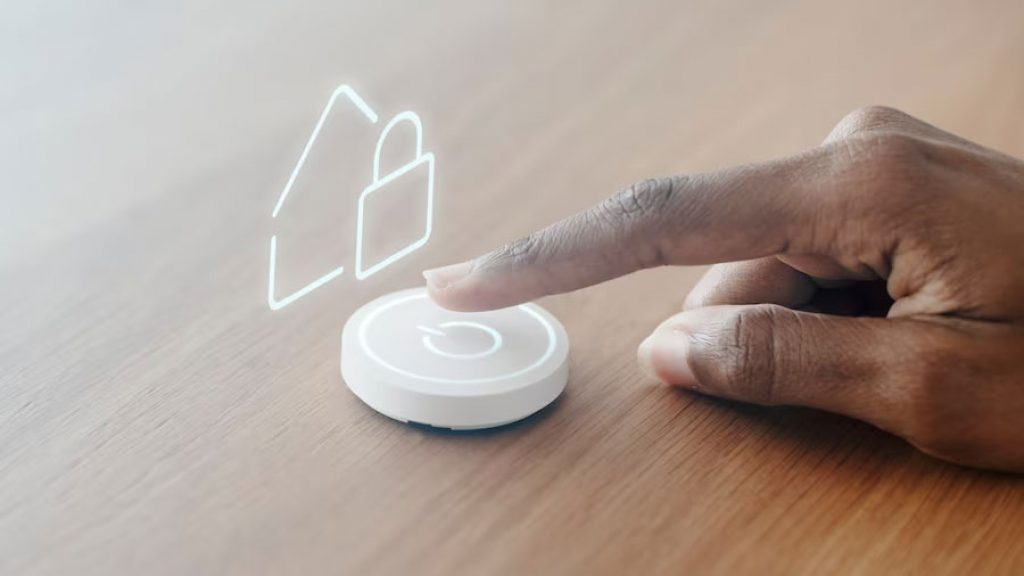
Third-Party Integration
Many smart home devices are designed to integrate with other third-party devices and services, such as Amazon Alexa or Google Home. This can create additional privacy risks, as the integration of these devices can lead to the sharing of data across multiple platforms. If you’re concerned about privacy, consider using devices that don’t rely on third-party integrations.

Your Own Behavior
Finally, it’s important to recognize that your own behavior can also impact your privacy when using smart home devices. For example, if you use voice commands to control your smart home devices, your conversations may be recorded and stored by the device manufacturer. To minimize privacy risks, be aware of your own behavior and the information you share with your devices.
Smart home devices can offer many benefits, but it’s important to be aware of the privacy risks associated with their use. By reading privacy policies, choosing devices with strong security features, and being mindful of your own behavior, you can enjoy the convenience of smart home devices while protecting your privacy.



